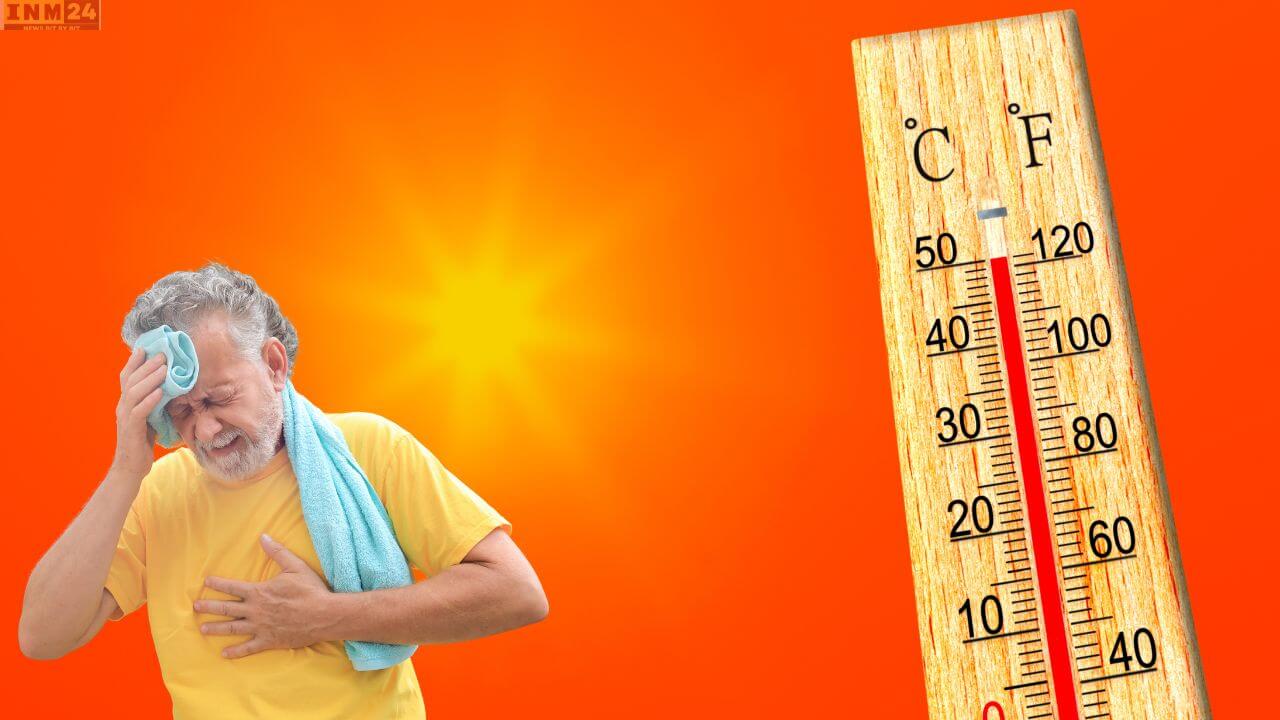Water is the foundation of life. It is as essential for our bodies as food. Water plays a crucial role in regulating body temperature, facilitating digestion, and keeping tissues healthy. When the body lacks water, it is termed dehydration. Dehydration can range from mild to severe, and it can manifest through various symptoms.
Dry Lips
Dry lips are one of the most common signs of dehydration. When the body lacks water, the lips start to dry out, and cracks may develop.
Fatigue and Lethargy
Dehydration can lead to feelings of fatigue and lethargy. When the body lacks water, muscles may not receive enough oxygen, resulting in tiredness.
Headaches
Dehydration can trigger headaches. Reduced blood flow to the brain due to water deficiency can lead to headaches.
Constipation
Dehydration can cause constipation. When the body lacks water, stool can become dry and difficult to pass.
Decreased Urination
Dehydration can result in decreased urination. When the body lacks water, the kidneys reduce urine production, leading to less frequent urination.
Dry Mouth
Dehydration can cause dryness in the mouth. Reduced saliva production due to water deficiency can lead to a dry mouth.
Dizziness
Dehydration can induce dizziness. Reduced blood pressure due to water deficiency can cause feelings of lightheadedness or dizziness.
Confusion
Dehydration can also lead to confusion. Inadequate oxygen supply to the brain due to water deficiency can result in confusion or disorientation.
Preventing Dehydration
To prevent dehydration, follow these tips:
- Drink an adequate amount of water throughout the day.
- Consume water-rich fruits and vegetables.
- Avoid caffeine and alcohol, as they can dehydrate the body.
- Drink more water during exercise or in hot weather.
- By recognizing these signs of dehydration and taking preventive measures, you can maintain proper hydration levels and support your overall health and well-being.
